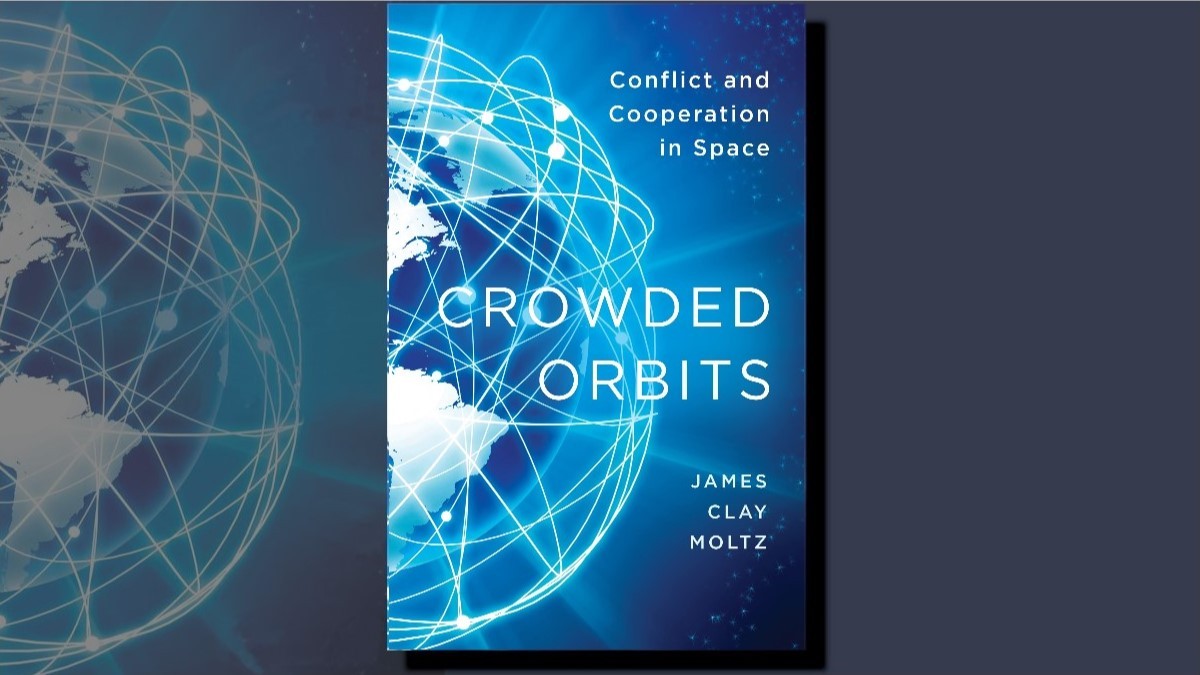Book Review - Blood, Metal and Dust
How Victory Turned into Defeat in Afghanistan and Iraq
By Ben Barry
Osprey, Oxford: UK, 2020, 528pp
Paperback ISBN: 9781472831040
Hardback ISBN: 9781472831019
eBook (ePub) ISBN: 9781472831026
eBook (PDF) ISBN: 9781472831002
Reviewed by Dr. Al Palazzo
When reviewing a book, I have a definite preference. I like to review books that I enjoyed reading so that I can share my pleasure with others — which explains why I found it so frustrating to review Ben Barry’s Blood, Metal and Dust: How Victory Turned into Defeat in Afghanistan and Iraq. I was primed to enjoy this volume and to learn from it. Instead, the book annoyed me with author’s promises that were ultimately unfulfilled. The fact is that Blood, Metal and Dust falls into the group of books that are good but not great. While it has strengths, the book’s weaknesses mean it does not stand above others on the subject.
In part, my annoyance stems from the problem that Barry did not write one book. Instead, he attempts multiple narratives within a single volume. Because of this, the book lacks depth where it is needed and bounces along at too rapid a pace. One narrative is the story of the performance of the United States military in Iraq and Afghanistan; a tale that could fill volumes on its own. But Barry also tries to tell the story of Britain’s performance in these same wars. In doing so, he leaps between the tactical, the operational, and the strategic levels, further diluting his focus. While Barry has succeeded in bringing together much interesting material, the absence of a singular thematic focus leaves the reader asking how it all gels together.
Of course, the British effort in these wars does matter and should be written on, but it is a story that is rich enough to stand on its own. Many other works cover British failings in these wars, but do so more effectively because of their sharper focus. An example is Frank Ledwidge in his admirable Losing Small Wars. Moreover, it is hard to accept Barry’s intimation that the British commitment in either conflict was of such a scale that its troops played a part in the determination of victory or defeat. The fate of these wars did not hinge on events in Helmand or Basra, the two outlying provinces in which the British fought. Both were remote from the main effort which was rightly in American hands. The reality is that like all non-US coalition members, the United Kingdom’s forces were far too small and its politicians too unimportant on the world stage to play anything but a trivial part in the war’s decision, no matter how bravely it’s poorly led and under supported troops fought. Unfortunately, the consequence is that Barry comes off as a Briton who hasn’t quite grasped the reality that the United Kingdom is no longer a power of the first rank.
Barry’s implied premise that victory can be turned into defeat is not well substantiated. By definition, victory means that the enemy has accepted its defeat and recognises the new relationship that the victor establishes. But since the US was never able to crush the will of its opponent in either Afghanistan or Iraq, it never saw victory. Instead, a variety of actors in both campaigns outlasted and outmanoeuvred the US-led coalition. There was only defeat, so the lesson Barry proffers rings hollow.
While I went into this book with high expectations and was disappointed, this may not be everyone’s experience. Barry has written a book whose acceptance depends on the context of the reader’s needs. If one is seeking an ably written story, and is satisfied with a pleasant work that hits the war’s highpoints, then Blood, Metal and Dust may meet this requirement. However, if one is after a deeper exploration of the subject there are other works that are better, such as those by Ledwidge. Blood, Metal and Dust is neither a definitive nor a challenging work. But it is an acceptable one, which in a field saturated by titles, is not too bad an outcome after all.
The views expressed in this article and subsequent comments are those of the author(s) and do not necessarily reflect the official policy or position of the Australian Army, the Department of Defence or the Australian Government.
Using the Contribute page you can either submit an article in response to this or register/login to make comments.




